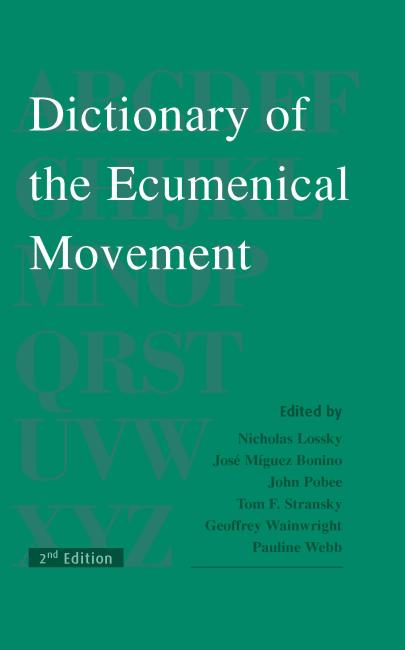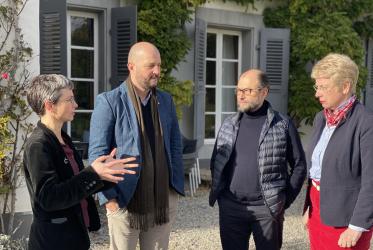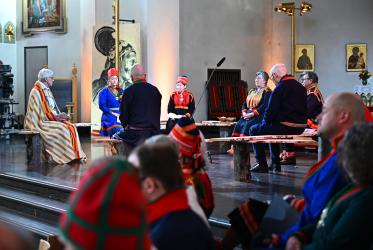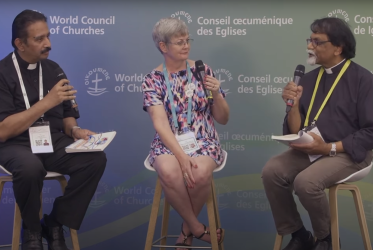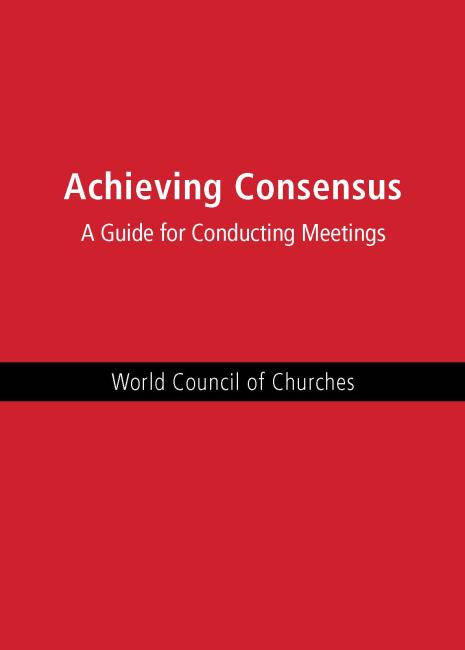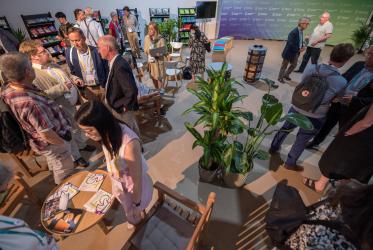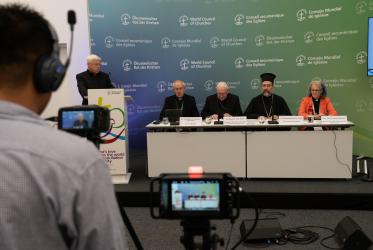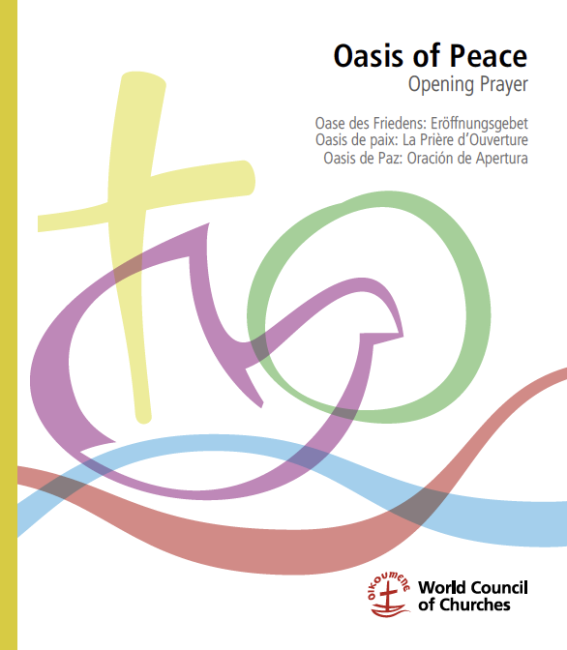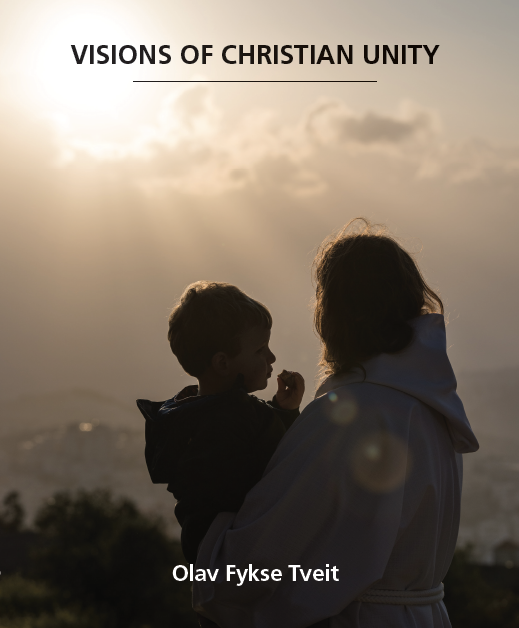Displaying 101 - 120 of 891
Dictionary of the Ecumenical Movement (2nd Edition)
28 November 2022
Towards a Global Vision of the Church Volume I
Explorations on Global Christianity and Ecclesiology, Faith and Order Paper 234
14 November 2022
Church of Sweden apologizes to Sámi people, this time in Sápmi
27 October 2022
At assembly and beyond, WCC publications inspire and move
14 September 2022
Oasis of Peace Opening Prayer
30 August 2022
Visions of Christian Unity
24 August 2022


